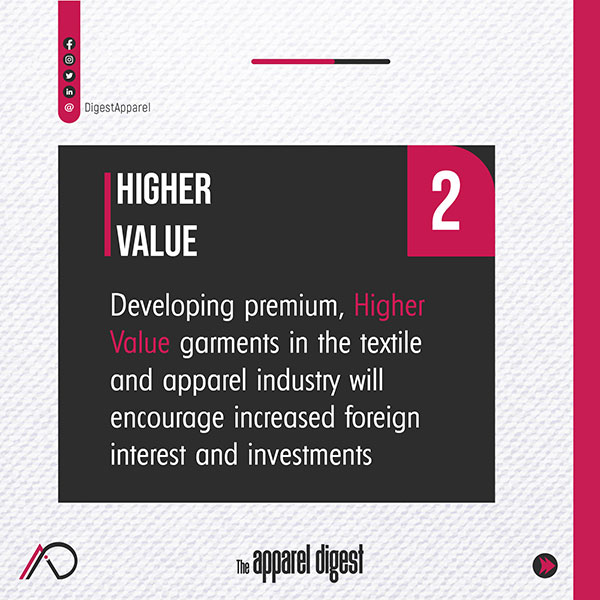The second-hand clothing sector—a crucial element in the shift towards a circular textile economy—contributed an estimated total of €7 billion (~$7.6 billion) to the EU and UK’s GDP in 2023, with the sector itself generating €3.0 billion (~$3.2 billion), as per a recent report. In Germany and the UK alone, the industry contributed €670 million (~$720 million) and €420 million (~$450 million) to GDP, respectively.
In 2023, the sector supported an estimated 150,000 jobs in the EU27+. Of these 110,000 were green jobs directly in the industry, with opportunities particularly for people with little formal education. Eight out of 10 (79 per cent) of the workforce were women, and many employment opportunities were created in lower-income countries such as Bulgaria, Romania and Poland, according to the report titled ‘The Socio-Economic Impact of Second-Hand Clothes (SHC) in Africa and the EU27+’.
The report was commissioned by Humana People to People and Sympany+. It is the first comprehensive analysis of the sector’s entire value chain and an attempt to quantify the sector’s socio-economic impacts across two continents. It addresses existing knowledge gaps, offering insights that were previously unavailable at this scale, focusing on the EU27+ and Ghana, Kenya and Mozambique.

